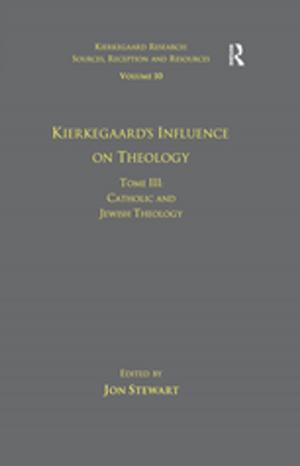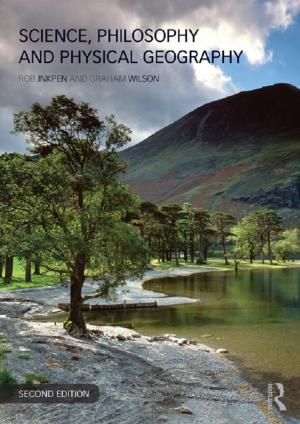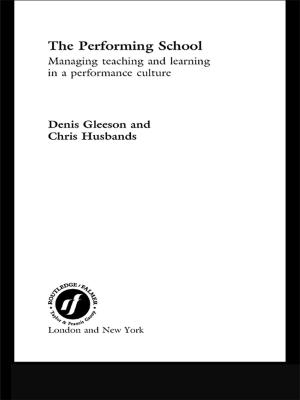Nature Unbound
Conservation, Capitalism and the Future of Protected Areas
Nonfiction, Science & Nature, Nature, Environment, Environmental Conservation & Protection| Author: | Dan Brockington, Rosaleen Duffy, Jim Igoe | ISBN: | 9781136560569 |
| Publisher: | Taylor and Francis | Publication: | July 26, 2012 |
| Imprint: | Routledge | Language: | English |
| Author: | Dan Brockington, Rosaleen Duffy, Jim Igoe |
| ISBN: | 9781136560569 |
| Publisher: | Taylor and Francis |
| Publication: | July 26, 2012 |
| Imprint: | Routledge |
| Language: | English |
This groundbreaking volume is the first comprehensive, critical examination of the rise of protected areas and their current social and economic position in our world. It examines the social impacts of protected areas, the conflicts that surround them, the alternatives to them and the conceptual categories they impose. The book explores key debates on devolution, participation and democracy; the role and uniqueness of indigenous peoples and other local communities; institutions and resource management; hegemony, myth and symbolic power in conservation success stories; tourism, poverty and conservation; and the transformation of social and material relations which community conservation entails. For conservation practitioners and protected area professionals not accustomed to criticisms of their work, or students new to this complex field, the book will provide an understanding of the history and current state of affairs in the rise of protected areas. It introduces the concepts, theories and writers on which critiques of conservation have been built, and provides the means by which practitioners can understand problems with which they are wrestling. For advanced researchers the book will present a critique of the current debates on protected areas and provide a host of jumping off points for an array of research avenues
This groundbreaking volume is the first comprehensive, critical examination of the rise of protected areas and their current social and economic position in our world. It examines the social impacts of protected areas, the conflicts that surround them, the alternatives to them and the conceptual categories they impose. The book explores key debates on devolution, participation and democracy; the role and uniqueness of indigenous peoples and other local communities; institutions and resource management; hegemony, myth and symbolic power in conservation success stories; tourism, poverty and conservation; and the transformation of social and material relations which community conservation entails. For conservation practitioners and protected area professionals not accustomed to criticisms of their work, or students new to this complex field, the book will provide an understanding of the history and current state of affairs in the rise of protected areas. It introduces the concepts, theories and writers on which critiques of conservation have been built, and provides the means by which practitioners can understand problems with which they are wrestling. For advanced researchers the book will present a critique of the current debates on protected areas and provide a host of jumping off points for an array of research avenues















